
An employee arranges packages at a Cainiao Network logistics center in Guadalajara, Spain, in November. (Photo/Xinhua)
Alibaba unit ensures domestic players' delivery within 30 days with lower cost
Cainiao Network has introduced an international logistics service promising "port-to-warehouse" delivery between China and the United States within 30 days, the latest move to facilitate cross-border transportation and bolster exports by Chinese merchants.
The China-U.S. sea-freight package ensures that Chinese manufacturers who transport goods from domestic plants to overseas warehouses in the U.S. can do so within 30 days, the logistics arm of Alibaba Group announced on Sunday.
The special shipping line can save up to 30 percent of the time compared with conventional routes and save 20 percent of logistics costs for merchants, said Kevin Xing, solutions manager for global freight, Cainiao's global supply chain.
"The COVID-19 pandemic has caused supply chain blockages and container shortages globally," Xing said during an expo on cross-border e-commerce in Shenzhen, Guangdong province. "It is against this background that we integrate shipping, port and Customs clearance into a holistic service to improve shipping efficiency and further trim costs for Chinese exporters."
The chartered shipping line operates three cargo ships per month, departing from port cities like Shanghai, Ningbo in Zhejiang province and Qingdao in Shandong province. With a shipping capacity of 2,000-4,000 twenty-foot equivalent units, the container ships are expected to reach Los Angeles or the Port of Long Beach in roughly 15 days.
Under an agreement between the company and the ports, the port trailers will give priority to picking up goods for Cainiao merchants, shortening the waiting time to two days.
To address the congestion of container arrivals and the stockpiling of goods, Cainiao has set up a container yard near the port terminal to sort and stack containers for different customers. This serves to "ensure a smooth pickup-and-go experience" for customers, Xing said.
International container transportation capacity is a strategic resource for China to remain open to international markets, said Li Muyuan, vice-president and secretary-general of the Beijing-based China Container Industry Association.
"The pandemic will alter the long-established balance in the global shipping industry with economies rebounding at difference paces," Li said. "China has taken multiple measures to ensure the security and stability of the global supply chain, including bolstering the development of the China-Europe railway. But these measures normally take time and require more infrastructure input to support its development."
Since early this year, Cainiao has released a series of measures to address cross-border logistics bottlenecks created by the current COVID-19 resurgences.
The measures introduced to tackle glitches fall into four key aspects-warehouses, Customs clearance, cross-border shipping and delivery.
For instance, the company promised to coordinate with local Customs agencies to expedite Customs declaration procedures delayed by the pandemic and ensure the completion of the task within one to two days.
It also operates eight chartered flights per week in Latin America and dispatches six ships bound for South Korea on a weekly basis.
Cross-border container transportation is a cyclical sector largely impacted by a variety of factors like the pandemic, geopolitical situations and the consequent economic prospects of different markets, according to a study published by the association last month.
Industrial chains and supply chains are highly intertwined and hold the key to international trade security, the report said. Key levers include enhancing technology in strategic emerging industries, enhancing international transportation rights and transportation capacity, and participating in formulating international rules and regulations.










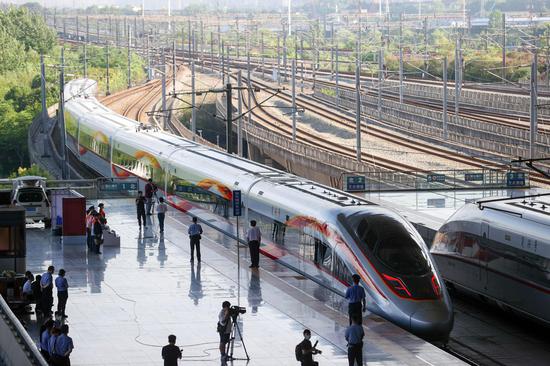

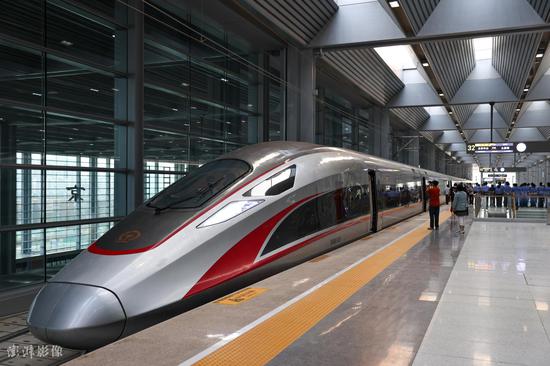


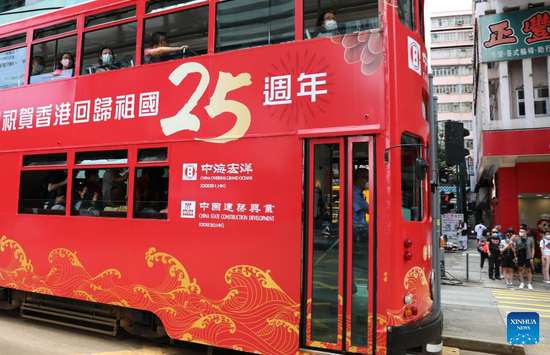



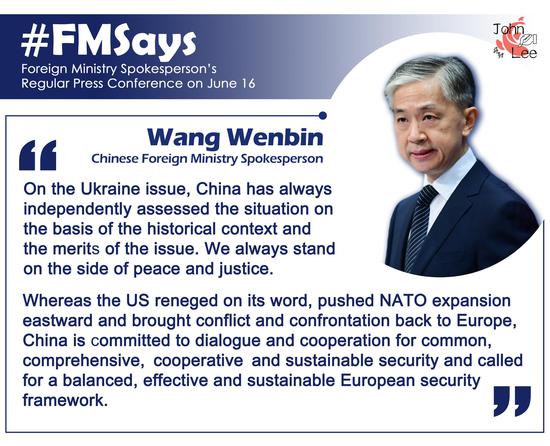











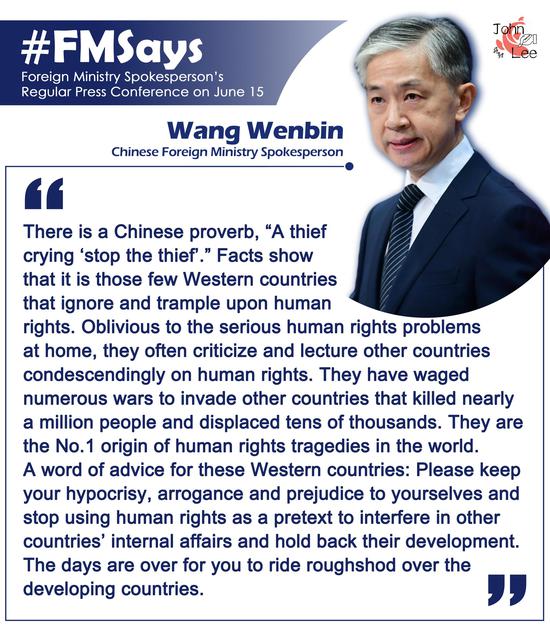
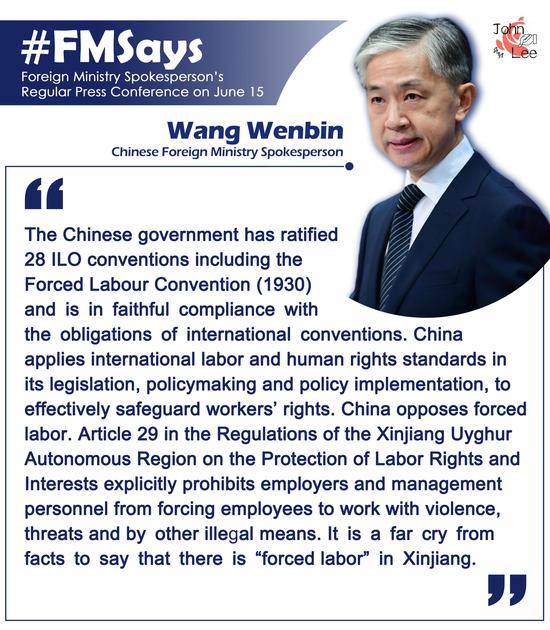




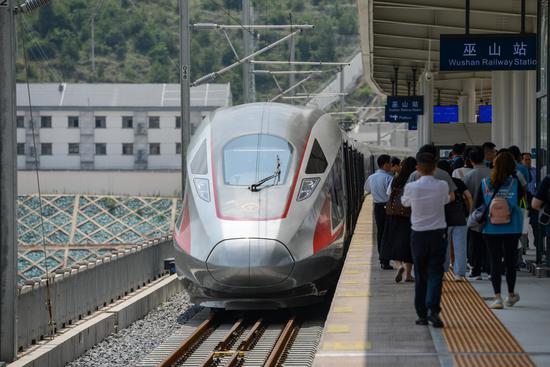
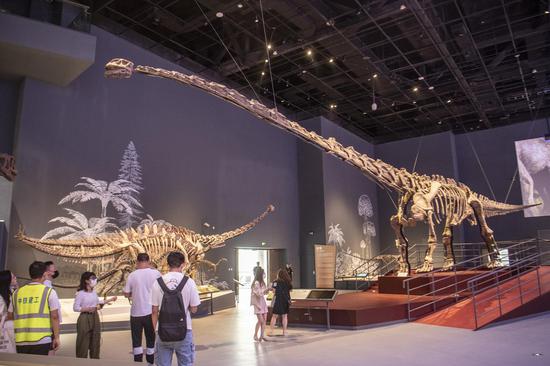



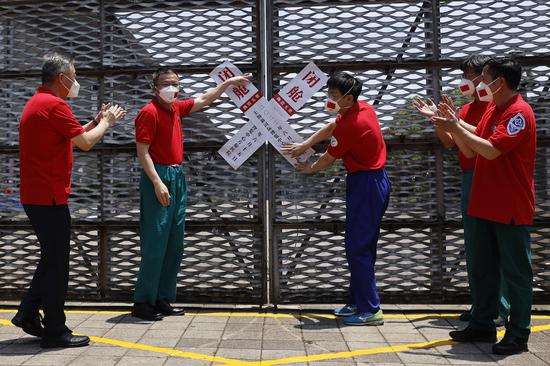

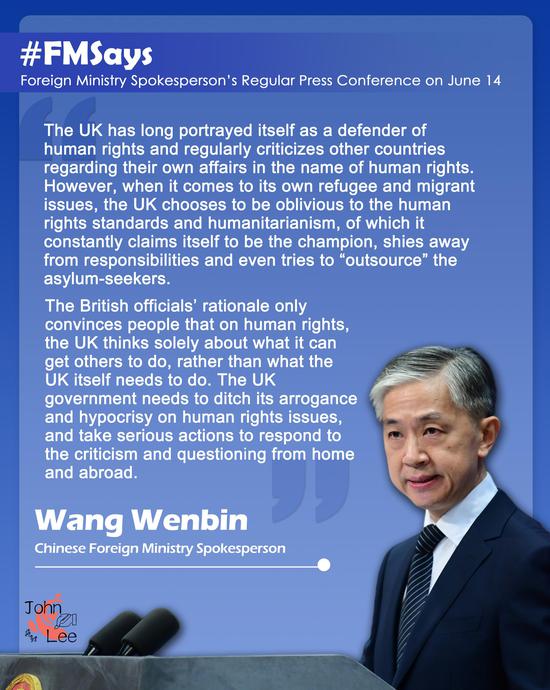





 京公网安备 11010202009201号
京公网安备 11010202009201号